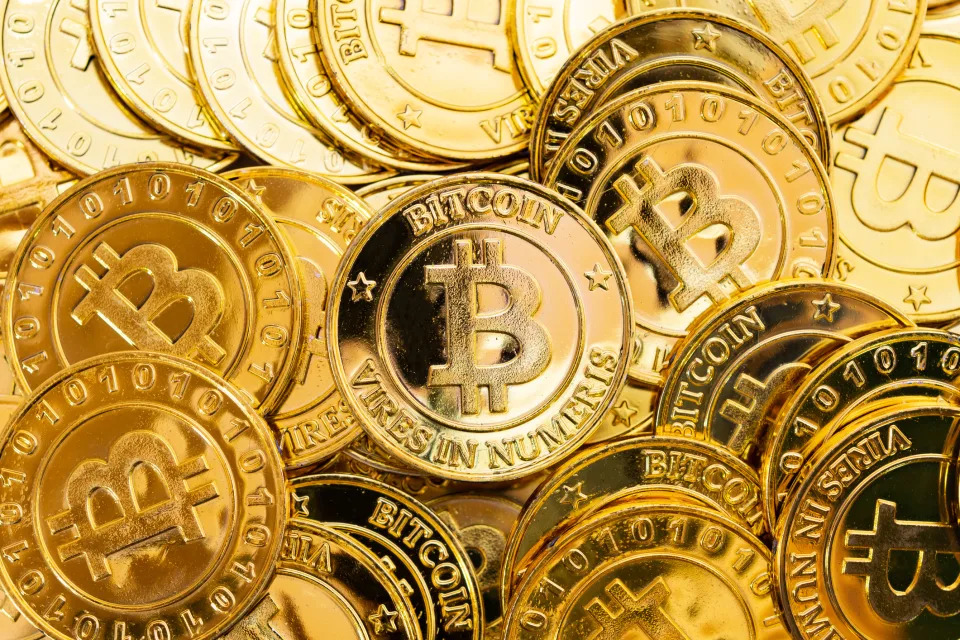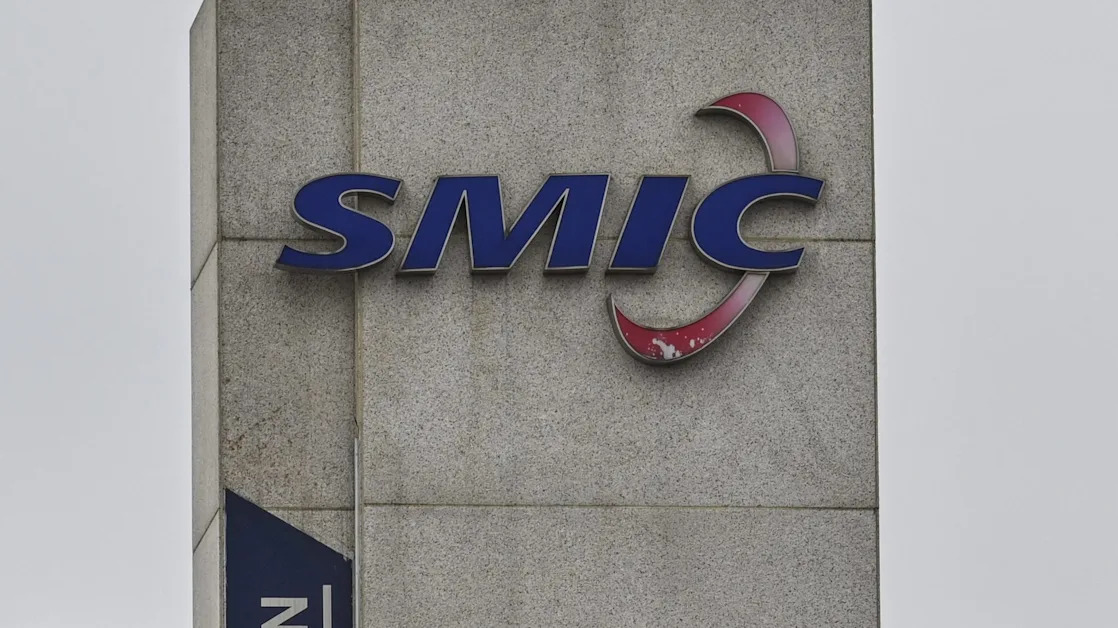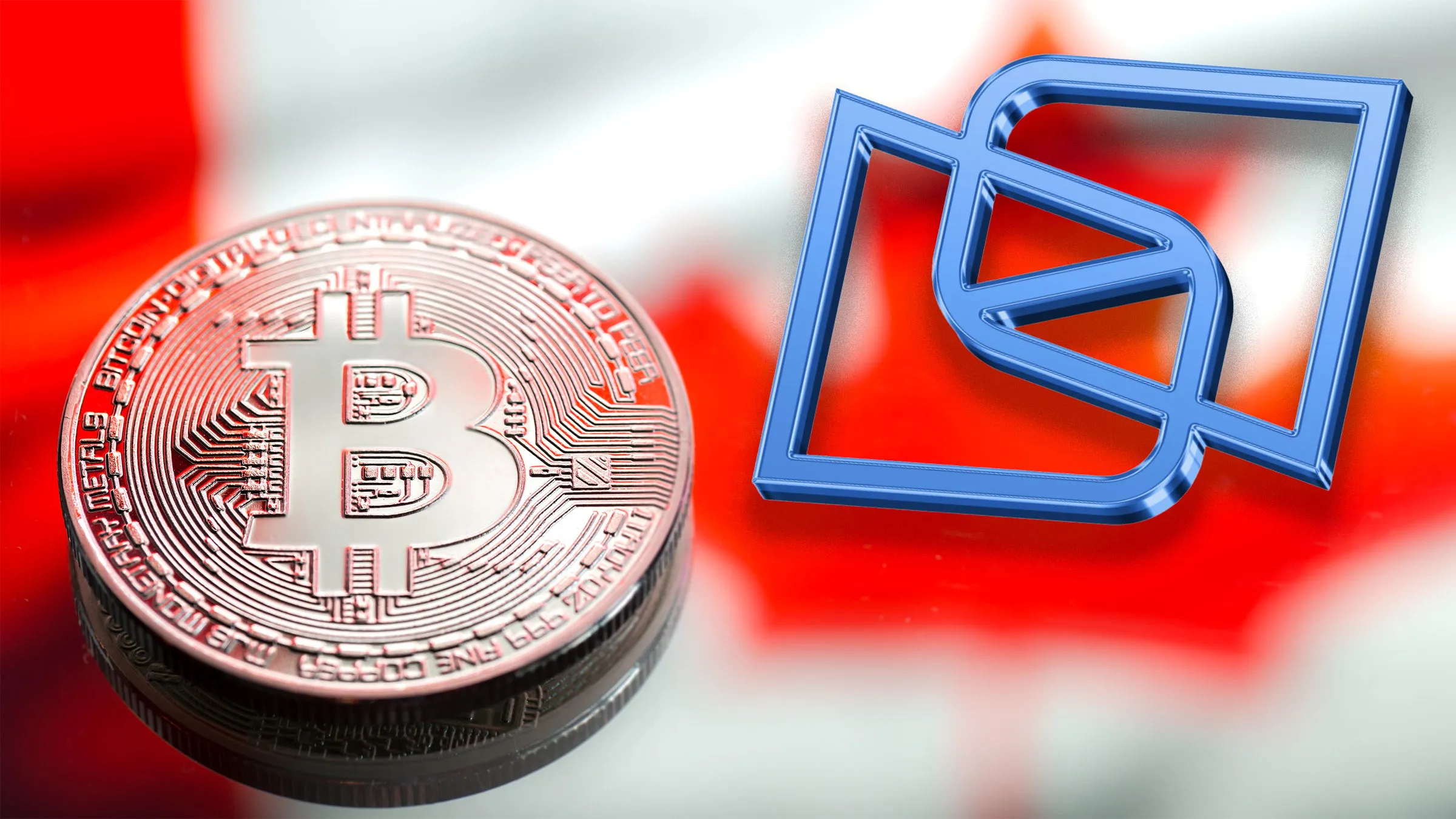
In the past 10 years, Bitcoin 's (CRYPTO: BTC) price skyrocketed from $478 to $58,400 today, translating to a monster 122-fold gain. In fact, this leading cryptocurrency has outperformed every other asset class in eight of 11 full calendar years since 2013. That's a phenomenal track record.
Investors look in the rearview mirror to help guide their decisions about what the future might hold. With that being said, where will Bitcoin be in 10 years?
Bitcoin's past
Bitcoin has seriously grown up in the past decade. It started out as a hobby for cypherpunks interested in this so-called "cool internet money." Back then, it was difficult to even buy and store Bitcoin, and the wild price swings make today's volatility look like a walk in the park.
But the development over the years has been noteworthy. Bitcoin has progressed thanks to an expanding financial services infrastructure that has boosted its adoption, with things like digital and hardware wallets, brokerages, and innovative payment methodologies. Plus, regulators haven't gotten in the way of the crypto industry's expansion.
As of about a year ago, an estimated 82 million people owned Bitcoin. It's legal tender in El Salvador. And major corporations own it on their balance sheets .
Bitcoin's future
The number of people who would argue that Bitcoin isn't a legitimate financial asset anymore is certainly declining. That's especially true now that there are spot Bitcoin exchange-traded funds (ETFs) on the market sponsored by some of the most reputable asset managers. It has never been easier to gain exposure to the crypto's price for your own portfolio.
Bitcoin is also being viewed more favorably from a political standpoint. Donald Trump was the keynote speaker at the Bitcoin Conference in Nashville in July. He drew attention for saying that he wanted the U.S. to have a strategic reserve of the digital asset. Having a former president and current presidential candidate in the world's biggest economy voicing his support of Bitcoin shows just how powerful the digital asset's supporters have become.
It's not difficult to believe that there will be growing interest in Bitcoin. The crypto's fixed supply cap is an extremely compelling characteristic. After all, when demand for a scarce asset rises, so should the price. This is what has happened historically.
And Bitcoin stands out when viewed next to the gargantuan public debt levels across the world. Here in the U.S., for example, the government ran a $1.7 trillion fiscal deficit last year, which inevitably leads to ballooning debt, a higher money supply, and a deflating currency value. As more people simply learn about why Bitcoin is superior to this unfavorable setup, they might want to own it.
Bitcoin's ultimate valuation
Investing in shares of businesses that sell products and services and generate revenue and profits is easier to wrap one's head around. That's because there are valuation techniques investors can use when trying to figure out what a stock could be worth in the future.
With Bitcoin, it's not as straightforward. The crypto doesn't produce sales or free cash flow. Consequently, it's definitely more of an art to attempt any sort of valuation exercise.
Gold, which is a popular store of value, is often viewed side by side with Bitcoin. The precious metal has been perceived as a safe haven asset for a very long time. However, it lacks in certain areas . Bitcoin is easier to store and transport, more verifiable, and scarcer.
Therefore, maybe an accurate price target for Bitcoin should be gold's current market cap of $17 trillion. Based on Bitcoin's current market cap of $1.2 trillion, there is 1,300% upside. Comparing Bitcoin's price and properties to gold makes a lot of sense, but it's anyone's guess how much time it will take to get to that market cap.
Perhaps a more reasonable outlook is to simply assume that Bitcoin's returns will start to come down. If it rises at a 15% annualized rate, its price should increase fourfold between now and 2034. That seems totally realistic to me, and maybe even a bit conservative.
Before you buy stock in Bitcoin, consider this:





